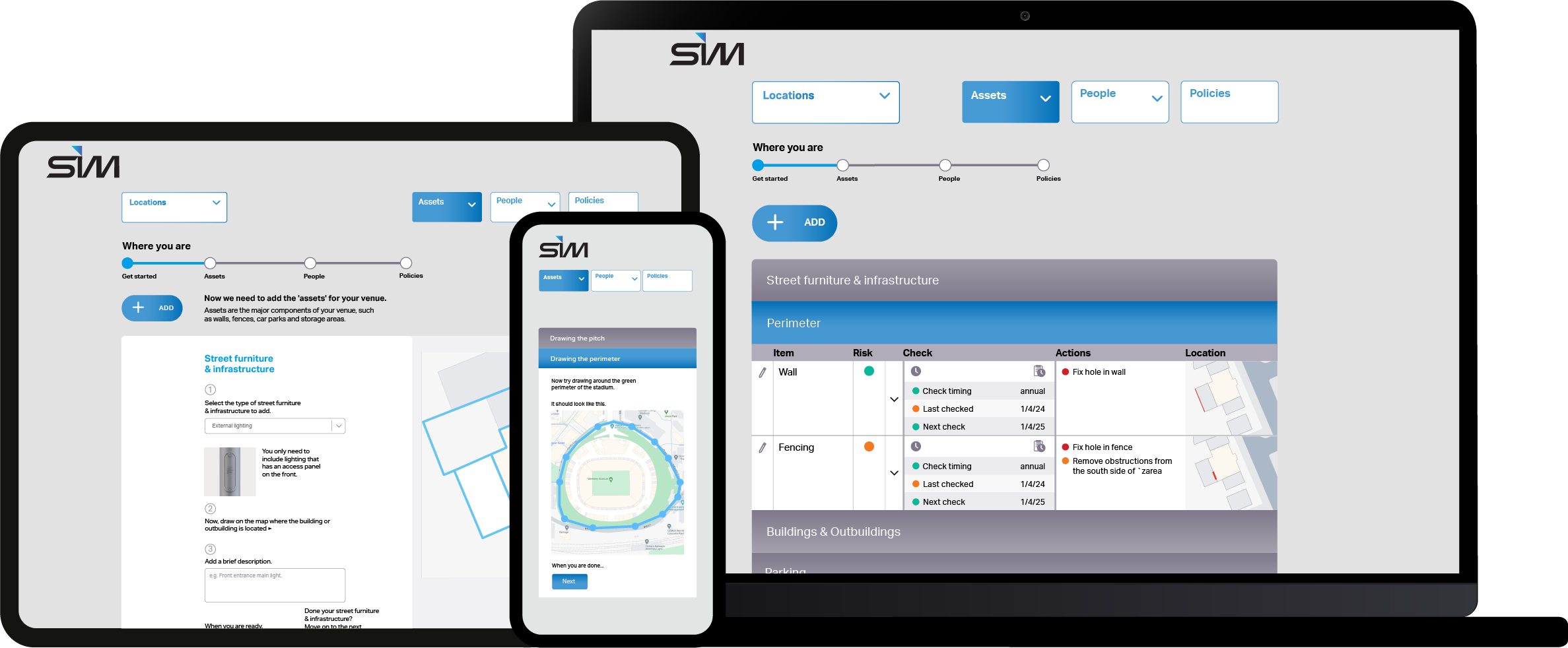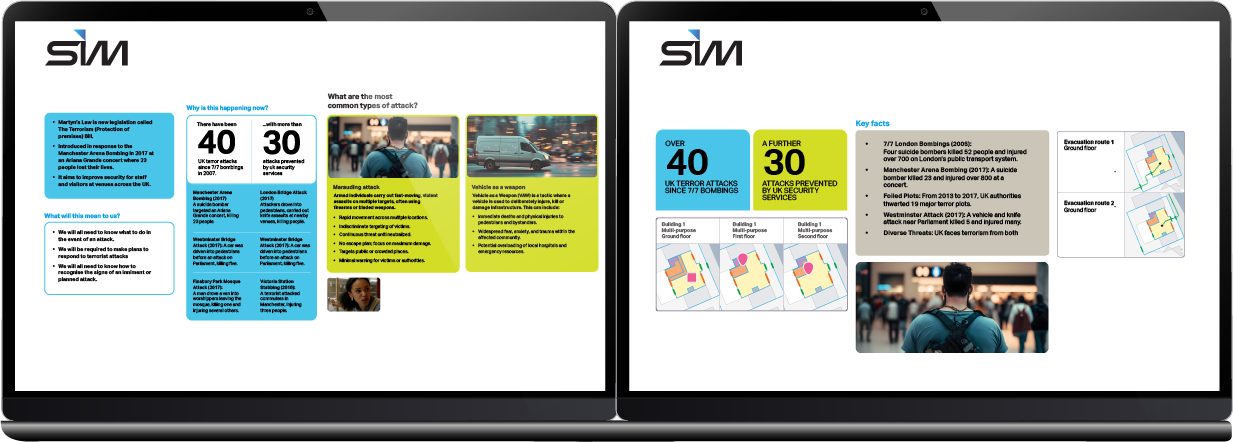Martyn’s Law, also known as the Protect Duty, is a proposed legislation in the United Kingdom aimed at enhancing public safety by requiring owners and operators of publicly accessible locations to take steps to protect people from terrorist attacks. It is named in honour of Martyn Hett, one of the victims of the 2017 Manchester Arena bombing.
Where SIM came from
SIM, or Serious Incident Manager, started life as a research project for the Violence Reduction Unit at London City Hall. The project aimed to find out what would help local authority responders reduce the impact on communities of the rising levels of serious violence in London.
With the help of the Met Police and community safety people across London, those recommendations became the SIM platform, which is in use across London.
SIM for Martyn's Law
From developing and deploying a system to help keep communities safe, we focused on improving the safety of venues and events.
Figen Murray was campaigning for Martyn's Law, a proposed legislation to improve security and preparedness at venues to protect the public from terrorism. This aligned with our vision, so we started developing a system to support the law.
Our strategy has been to remove the bureaucratic burden of compliance and support venue and event managers in introducing stronger security measures to prevent future tragedies. As venue owners will be asked, possibly for the first time, to consider the security of their patrons and staff, we believe it is essential to make technical aspects as simple as possible.
SIM Martyn's Law is in development and will roll out ready for use in time for the new legislation to become law.
Launching November 2024
The system will initially be aimed at Standard Tier venues (200 - 800 capacity), with the Enhanced Tier version (800+ capacity) ready by Q1 2025. The system has also been designed for smaller venues where safeguarding is paramount, such as nurseries and infant schools. Even though there may not be a legal requirement, the owners and parents would welcome enhanced safeguarding.
Martyn's Law System Features
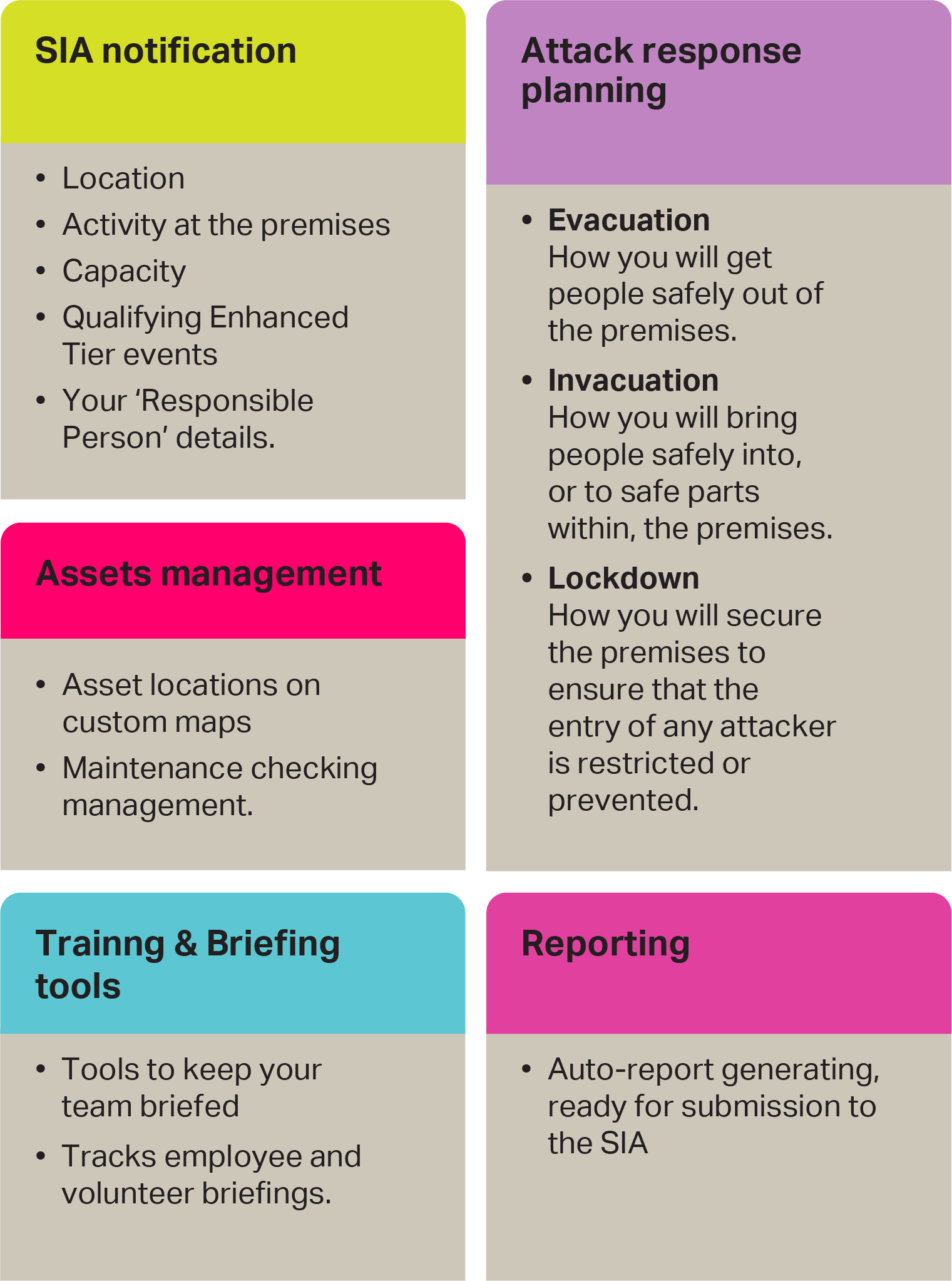
FAQs
Why was Martyn’s Law introduced?
Martyn’s Law was introduced in response to the growing threat of terrorism and to ensure that venues are better prepared to respond to such incidents. It aims to establish a consistent and effective approach to security across a variety of public spaces, helping to prevent future attacks and minimize their impact.
What types of locations are affected by Martyn’s Law?
The law applies to a wide range of publicly accessible locations, including but not limited to:
- Concert halls and arenas
- Shopping centres
- Public squares and parks
- Sports stadiums
- Large entertainment venues
- Places of worship
- Educational institutions
Essentially, any place where large numbers of people gather and could potentially be targeted by terrorists.
What will be the key requirements of Martyn’s Law for venue operators?
Risk Assessment: Conducting thorough risk assessments to identify potential vulnerabilities and threats.
Mitigation Measures: Implementing appropriate and proportionate measures to reduce the risks identified, which may include physical security measures, staff training, and emergency response planning.
Training and Awareness: Ensuring that staff are adequately trained to recognize and respond to security threats.
Collaboration: Working with local authorities, emergency services, and other stakeholders to enhance overall security and preparedness.
Information Sharing: Sharing relevant security information and intelligence with appropriate authorities and other operators.
How will compliance with Martyn’s Law be monitored and enforced?
Compliance with Martyn’s Law will be monitored and enforced by designated regulatory bodies, which may include local authorities and other government agencies. These bodies will have the authority to conduct inspections, review risk assessments and mitigation plans, and take enforcement action if necessary, including issuing fines or other penalties for non-compliance.
When is Martyn’s Law expected to come into effect?
The exact timeline for the implementation of Martyn’s Law is still being determined, as it is subject to the legislative process. However, the UK government has expressed a strong commitment to moving forward with the legislation, and it is anticipated to be enacted in the near future.
Media assets
Logos
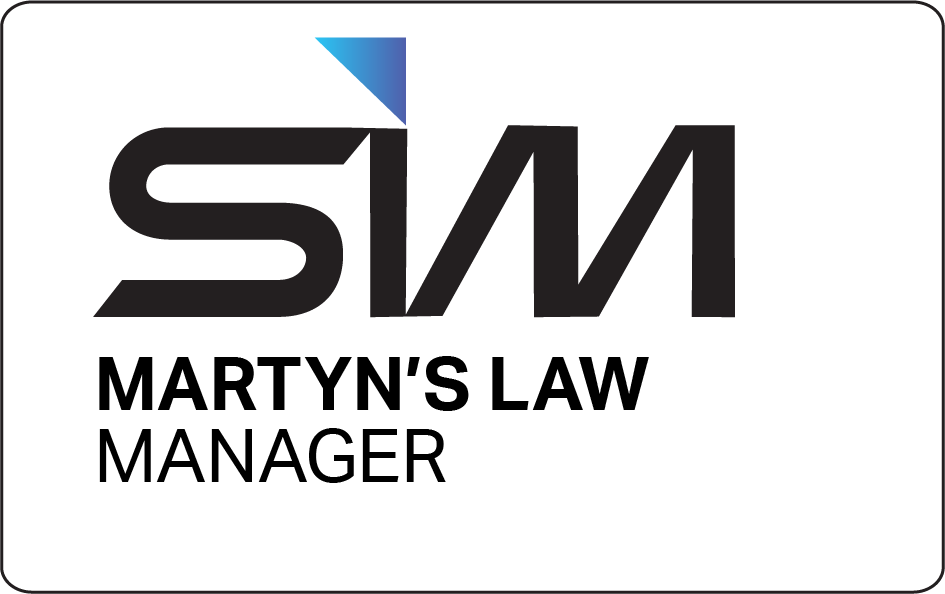
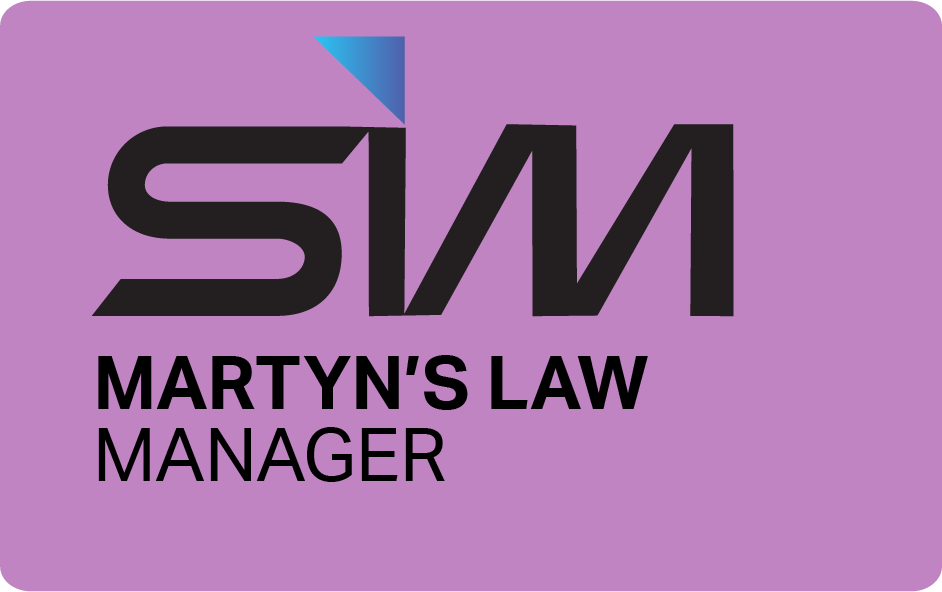
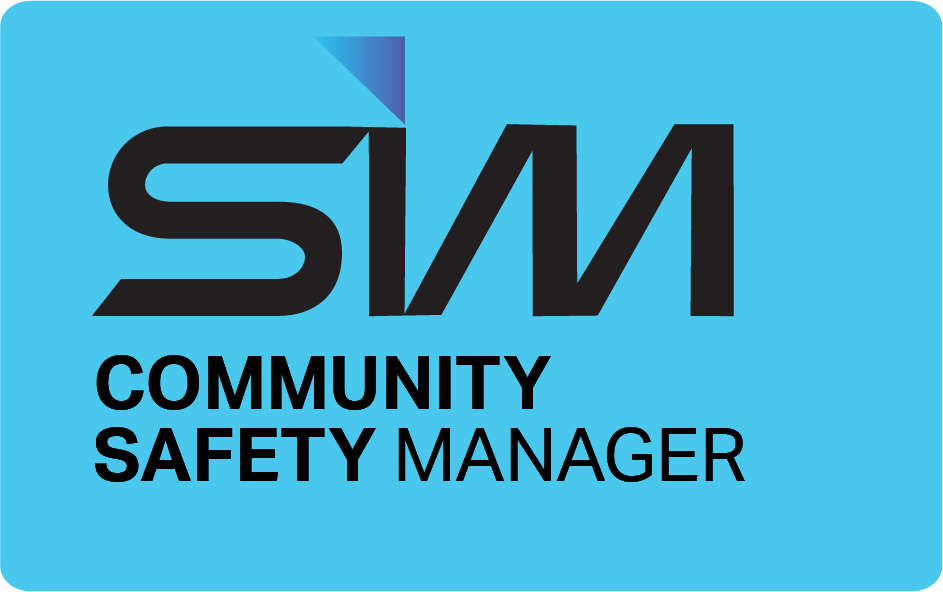





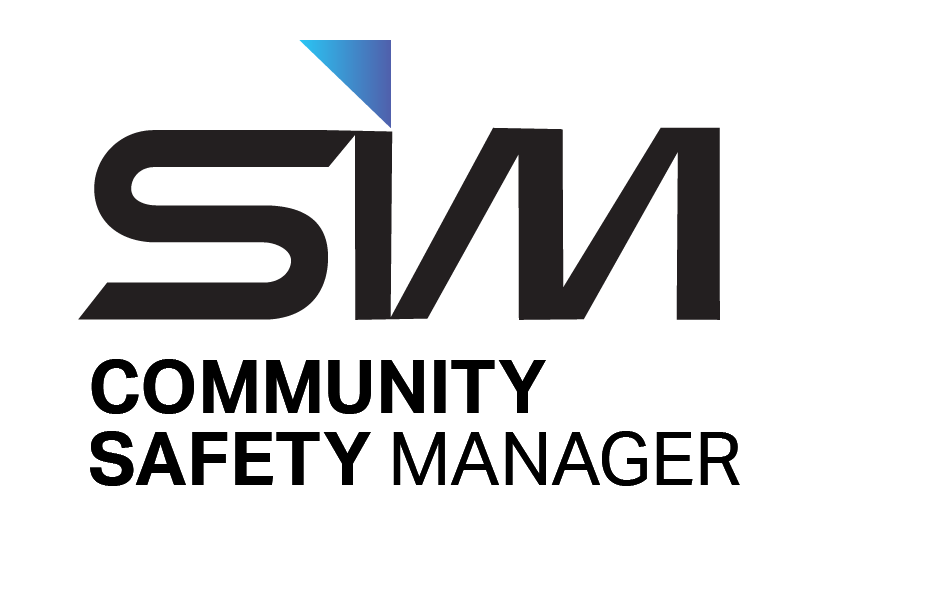
Images
